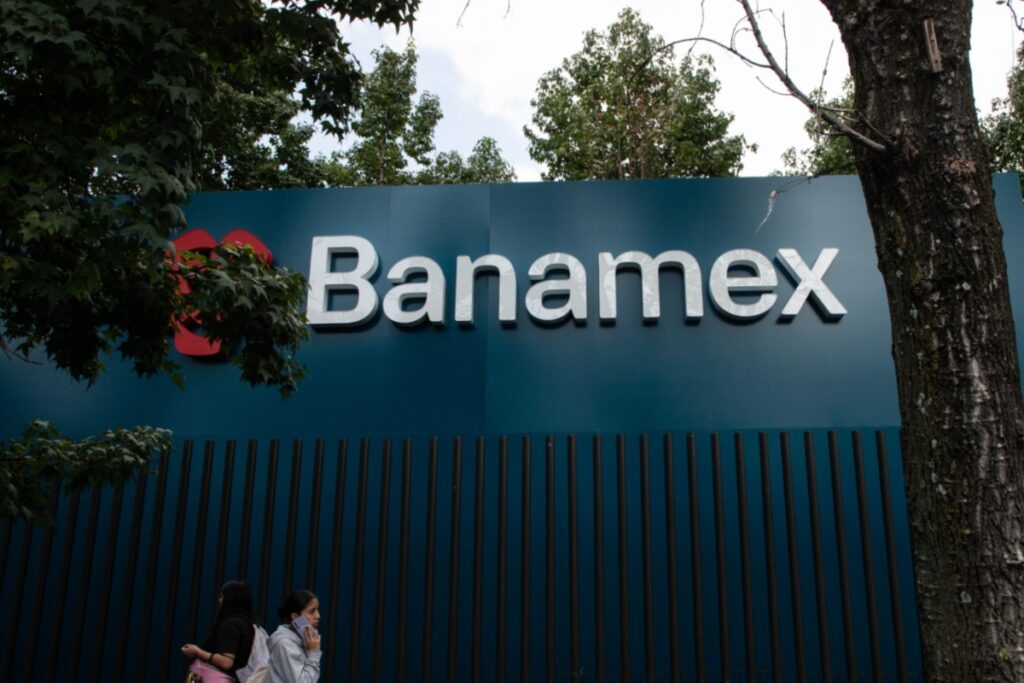Citigroup has officially rejected an unsolicited offer of approximately $9.3 billion from Grupo México to acquire its Mexican retail banking unit, Banamex. In its formal statement, Citi reiterated a previously arranged plan: to sell a 25% equity stake in Banamex to local businessman Fernando Chico Pardo, followed by a public offering of the remainder. Citi states this is the optimal pathway to exit the business while maximizing returns for shareholders.
Rationale Behind Citi’s Strategy
The bank emphasized that pursuing a transaction with a single buyer at favorable terms could undermine transparency, and that the stake-sale plus IPO structure better aligns with its fiduciary duty and strategic goals.
Citi first disclosed the agreement with Chico Pardo in September 2025, under which his company will acquire about 520 million shares, equivalent to 25% of Banamex’s common stock, at 0.80 times local GAAP book value. Considering tangible book value, that ratio corresponds to around 0.95 times. The deal implies a total valuation of roughly $42 billion MXN (around $2.3 billion USD) and remains subject to customary regulatory approvals, with closing expected in the second half of 2026. As part of the transaction, Citi recorded a goodwill impairment charge of approximately $726 million in its third-quarter 2025 accounts.
Grupo México’s Proposal and Response
Grupo México, a prominent mining and transport conglomerate, put forward a bid to acquire Banamex in full, last week, marking a return to an earlier interest after prior negotiations collapsed. Its offer reportedly proposed to buy 25% of Banamex at 0.85 times book value and the remaining 75% at 0.80 times. Grupo México also indicated it would retain 60% of the bank and sell 40% to Mexican private investors and pension funds, with existing agreements supposedly in place for that portion. The company asserted it would not significantly increase its debt levels to finance the acquisition, estimating that under $2 billion USD in additional funding would suffice via prearranged credit lines.
While Grupo México signaled it would not engage in a bidding war, stating its proposal already placed a premium on the bank, Citi maintained that its prior arrangement with Chico Pardo remains its preferred path. In rejecting the bid, Citi urged confidence in its structured approach, citing corporate governance, regulatory risk, and certainty of closing as key determinants. Grupo México’s shares, meanwhile, responded positively to the developments, rising more than 4.5% on the announcement of the rejection.
Market Significance and Sector Impact
Citi’s dismissal of Grupo México’s bid holds broad implications for Mexico’s banking sector. Had a major industrial conglomerate successfully entered retail banking, it could have reshaped competitive balance, accelerating consolidation or spurring regulatory interventions. The rejection reinforces the notion that control of large banking assets may better proceed via capital markets and diversified share ownership rather than concentrated corporate acquisitions. Analysts observing the forthcoming IPO and minority stake sales will pay close attention to investor appetite, valuation dynamics, and governance structures introduced by the new ownership mix.
Under the planned structure, Citi will actively seek additional minority investors in Banamex before proceeding with its IPO, targeting smaller share allocations than the 25% stake acquired by Chico Pardo. This phased strategy is intended to build a stable shareholder base, spread risks, and enhance market confidence ahead of a full entry into public markets. Observers view the Chico Pardo transaction as a valuation “floor”; it effectively values Banamex at around $9.12 billion USD in total.
For Citi, the move aligns with its ongoing global restructuring, particularly its ambition to withdraw from international consumer banking. Since 2021, the firm has targeted exits from over a dozen retail markets, including Asia, Europe, and Latin America. In Mexico, Banamex remains the last major international retail holdout in Citi’s portfolio. The choice to reject a high-value offer and remain committed to the IPO route underscores its emphasis on strategic consistency, execution risk, and long-term control over the divestment process.
Recent Developments and Competitive Context
Beyond Citi’s internal strategy shifts, the broader environment in Mexico features evolving regulatory attitudes and political sensitivities. Previously, negotiations with Grupo México reportedly were derailed in 2023 amid pushback from then-President Andrés Manuel López Obrador, who demanded majority Mexican ownership and protections for Banamex’s art collection. That episode led Citi to abandon a sale attempt at that time. In the current context, the administration of Claudia Sheinbaum has reportedly taken a more hands-off stance, giving Citi more latitude in structuring ownership changes.
As of late 2025, Banamex is Mexico’s fourth-largest financial group by assets, with an extensive network of roughly 1,300 branches, 9,000 ATMs, and servicing around 13.6 million retail customers, 6,000 commercial clients, and 8.6 million pension fund customers. The unit has long been central to the country’s financial framework. The unfolding processes will test the balance among valuation, regulatory oversight, investor sentiment, and the ability of new ownership to maintain continuity in operations and services.


